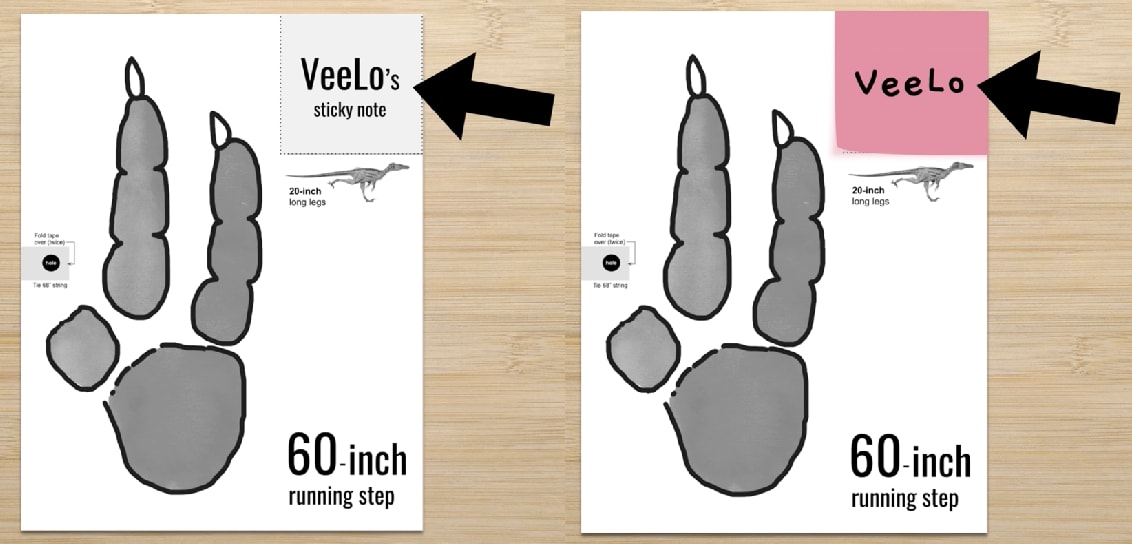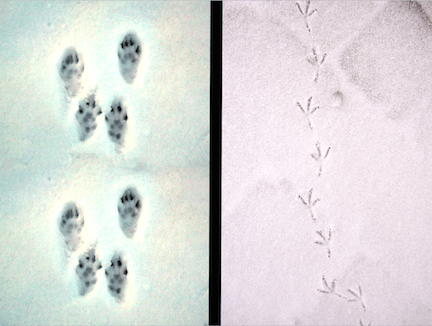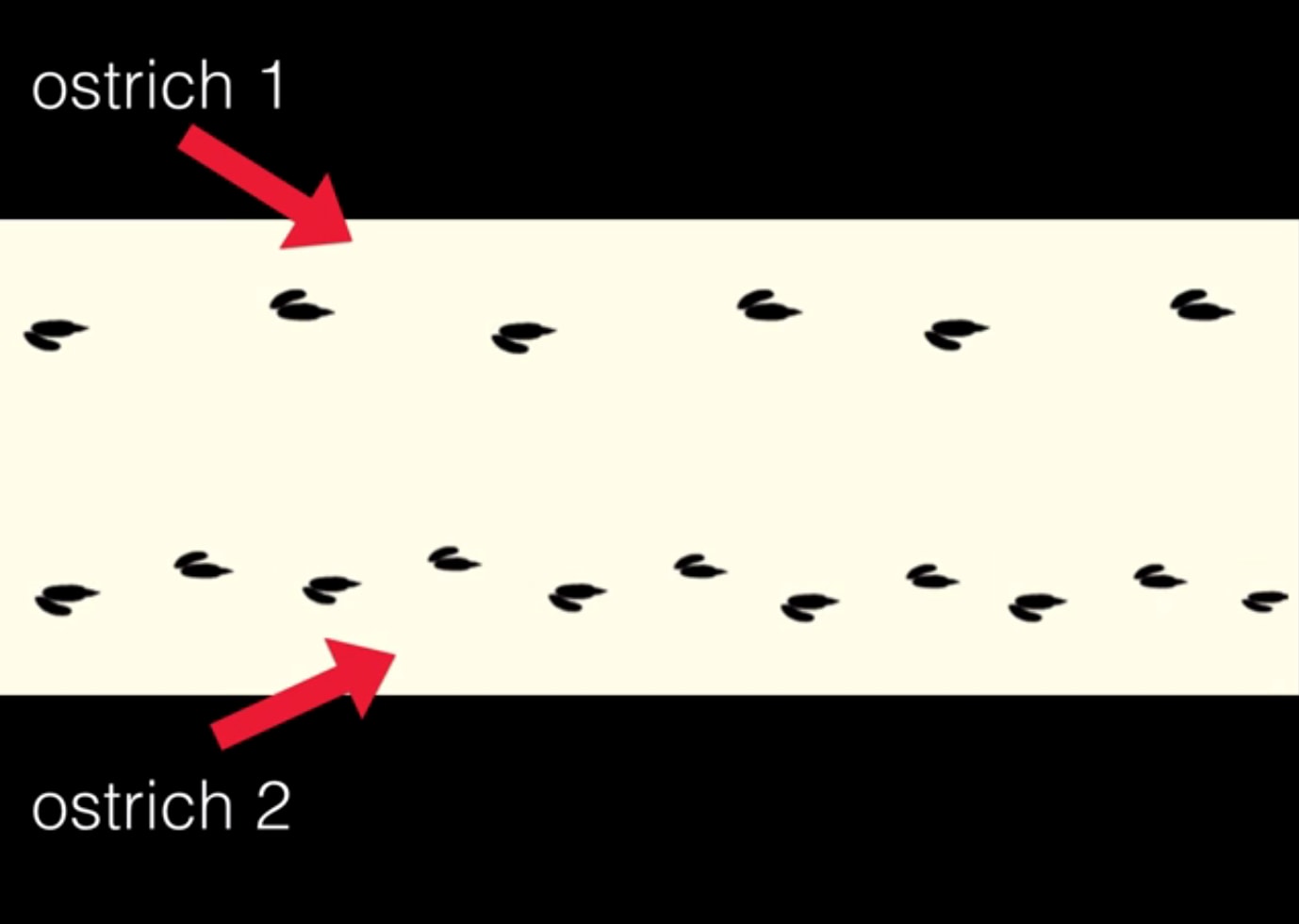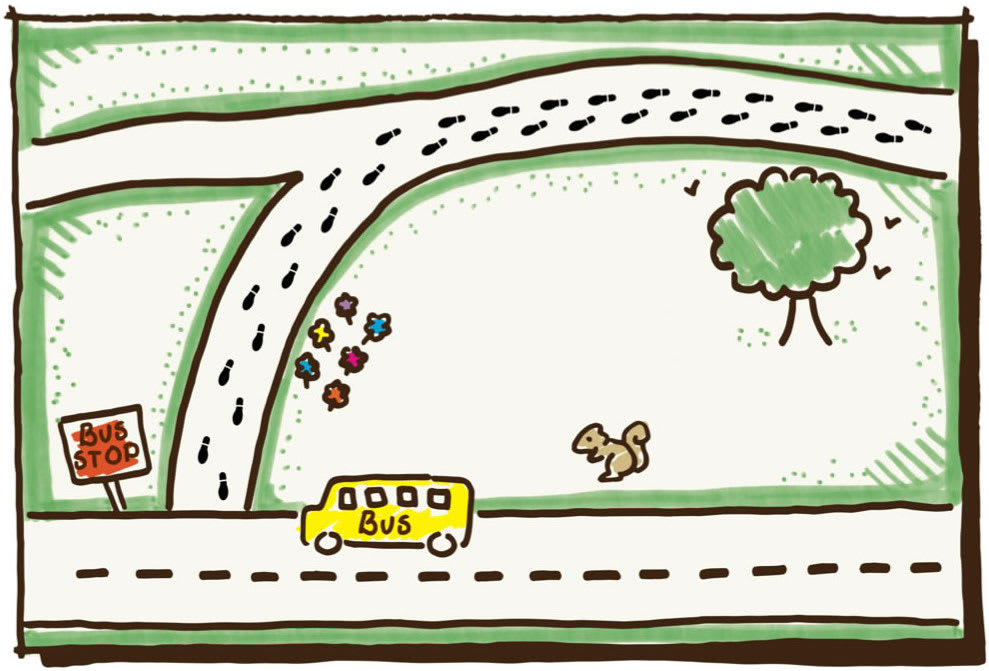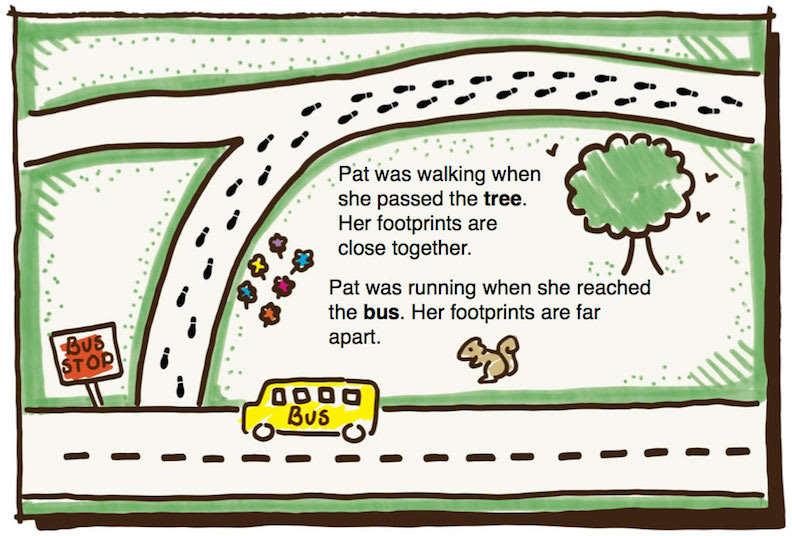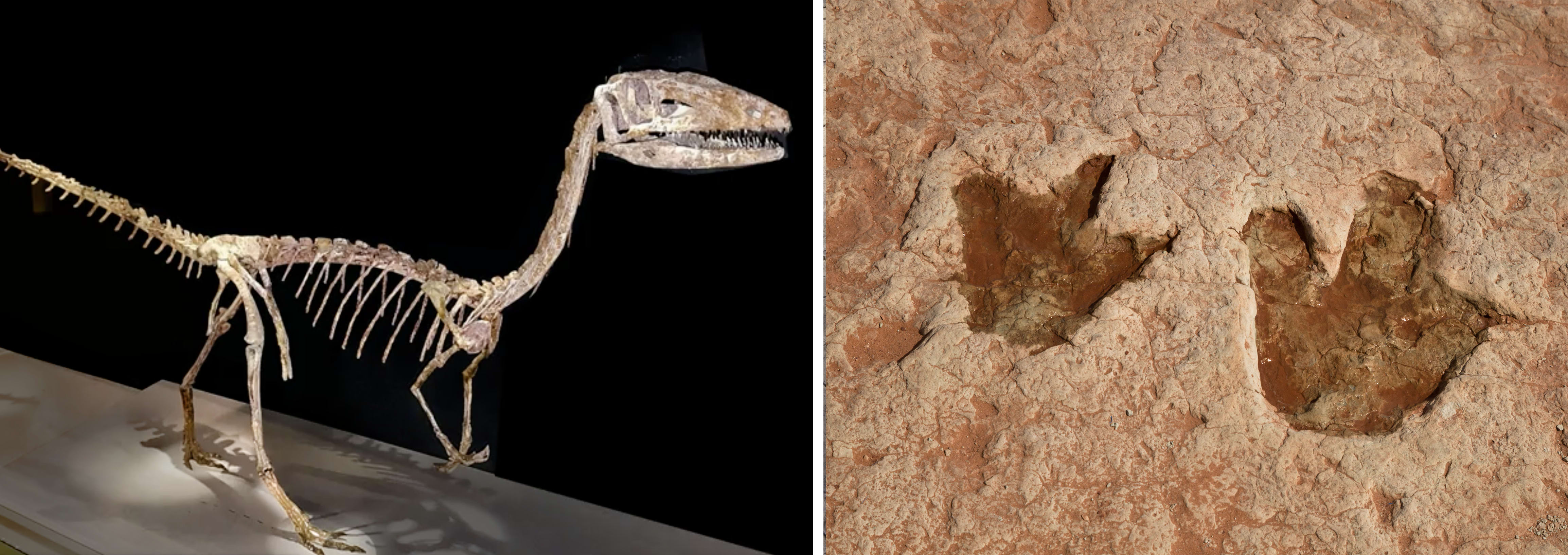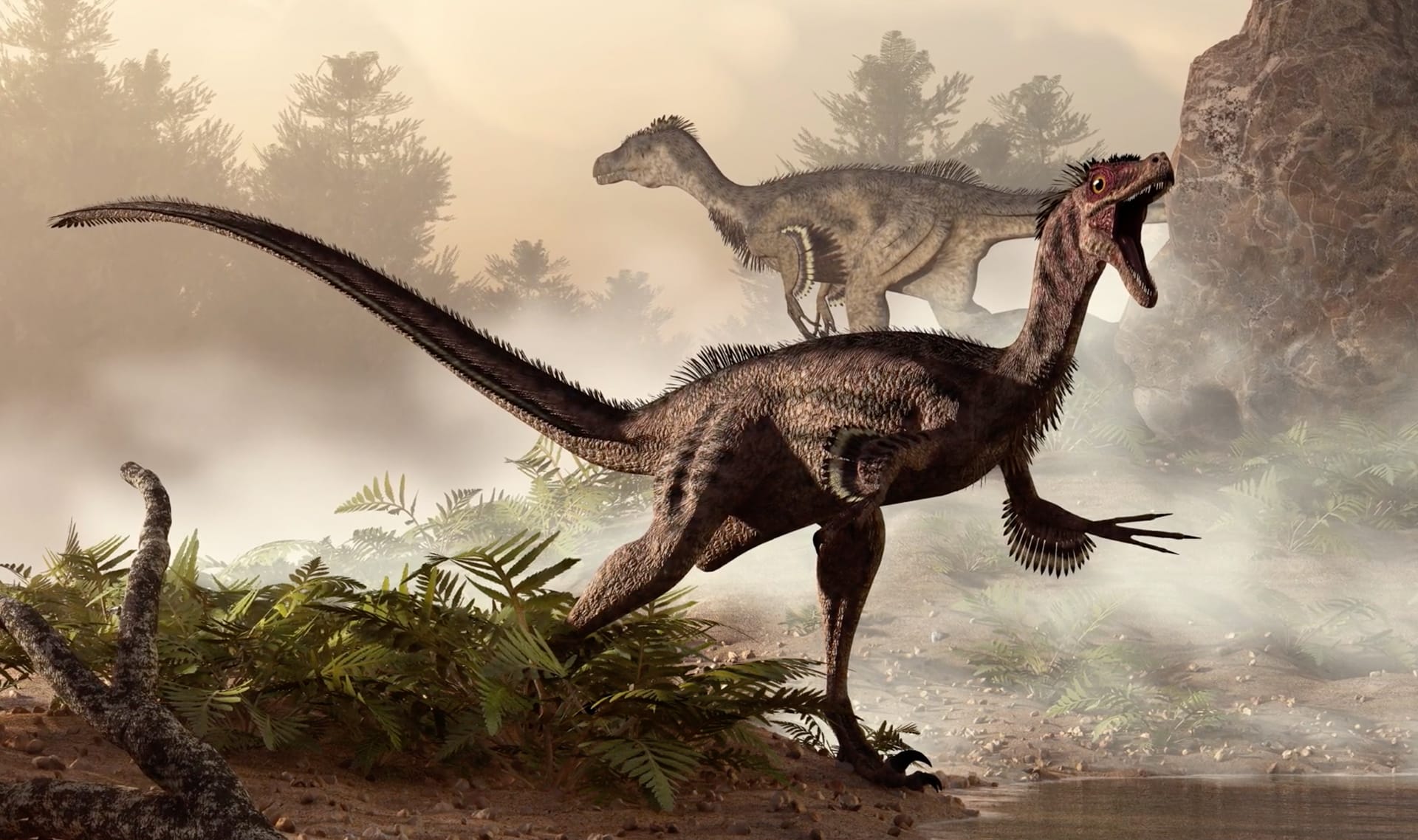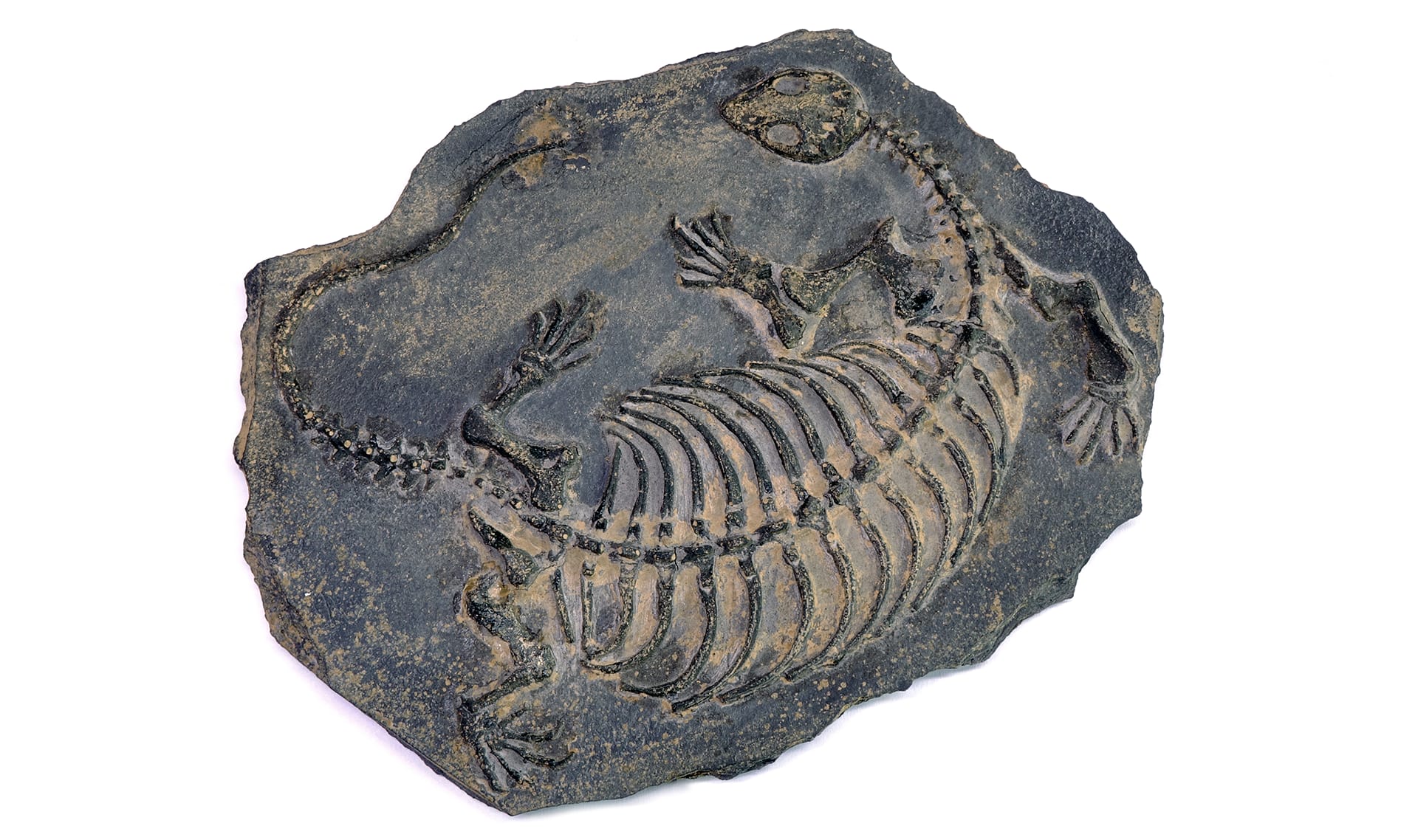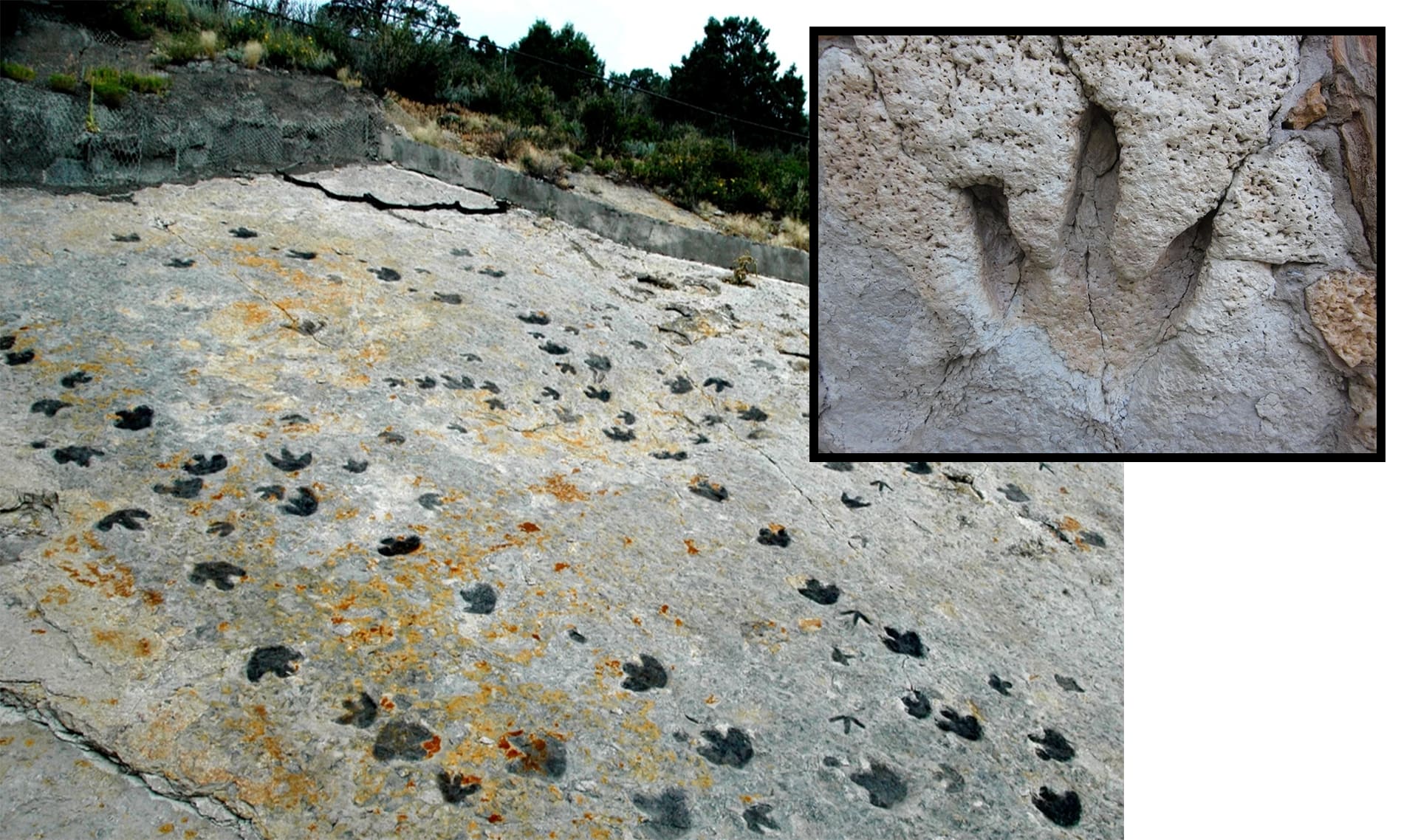Find and Prepare Your Racetrack
You will need an area where your students can run for eight steps. Ideally the area will be at least 55 feet (about 17 meters) long. That’s about ⅔ the length of a high school basketball court.
Mark the starting line for the race with masking tape. Establish a line to follow or a destination point to keep everyone running in the same direction.
Check Your Materials
If you’re doing the activity on a gymnasium floor, we suggest students use Post-Its for marking their steps. Test to make sure Post-Its will stick to the surface where you are racing. If your students will be running in the playground, chalk might be a better choice for marking their steps.
Plan For the Race
Each student will run eight steps as fast as they can. Their partner will mark where their eighth step lands.
We recommend that no more than four students run at the same time. If too many students run at the same time, it can be confusing for the markers. Students who are not running or marking can cheer on the runners!
Make the Dinosaur Step Measuring Strings
After the students run, they will measure how far their dinosaur would have run in eight steps using a Dinosaur Step measuring string. There are four dinosaurs, each with a different leg length.
Before class, make the Dinosaur Step measuring strings. Find the black circle on the side of each Dinosaur Footprint printout. Fold two layers of clear tape over the spot to reinforce it. Then use your hole punch to punch a hole where marked. This is where you will tie the string.
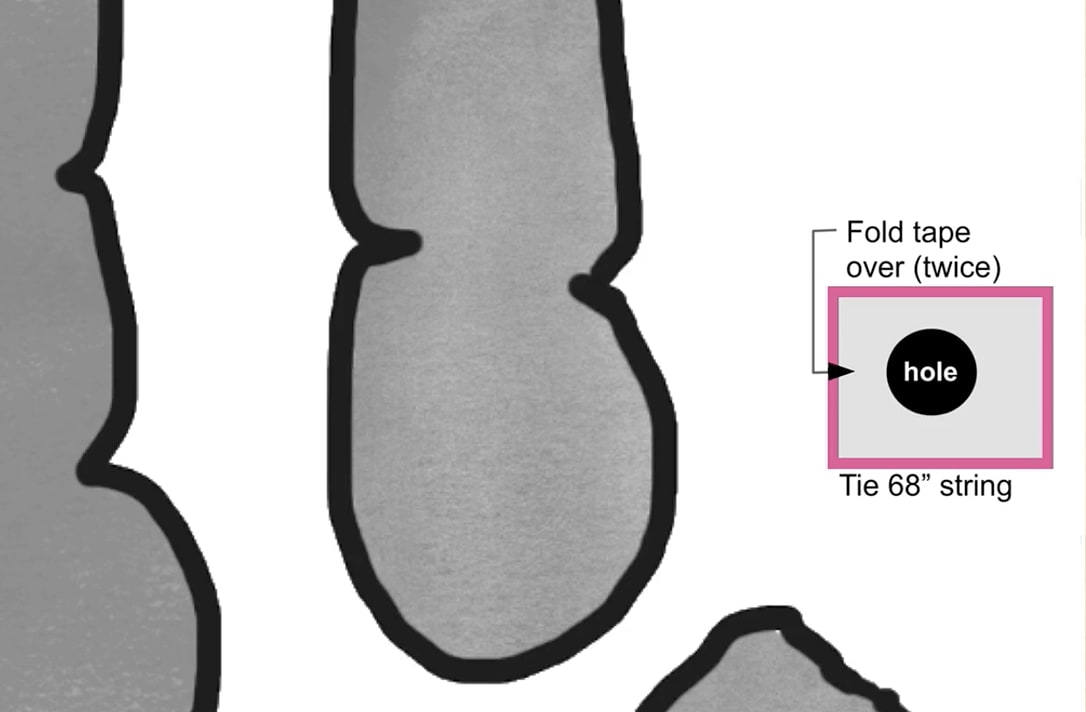
Use your yardstick to measure string and cut the following lengths:
- 68 inches (173 cm) for VeeLo (Velociraptor)
- 68 inches (173 cm) for SanJuan (Sanjuansaurus)
- 78 inches (198 cm) for DeeNo (Deinonychus)
- 88 inches (224 cm) for CeeLo (Coelophysis)
Now you’ll connect the footprints with the strings: thread the correct string length through each hole on the matching dinosaur footprints and tie it on with a knot. Make sure that when the string is pulled straight, the footprints are the correct distance apart. (Distance is shown on the footprint.)
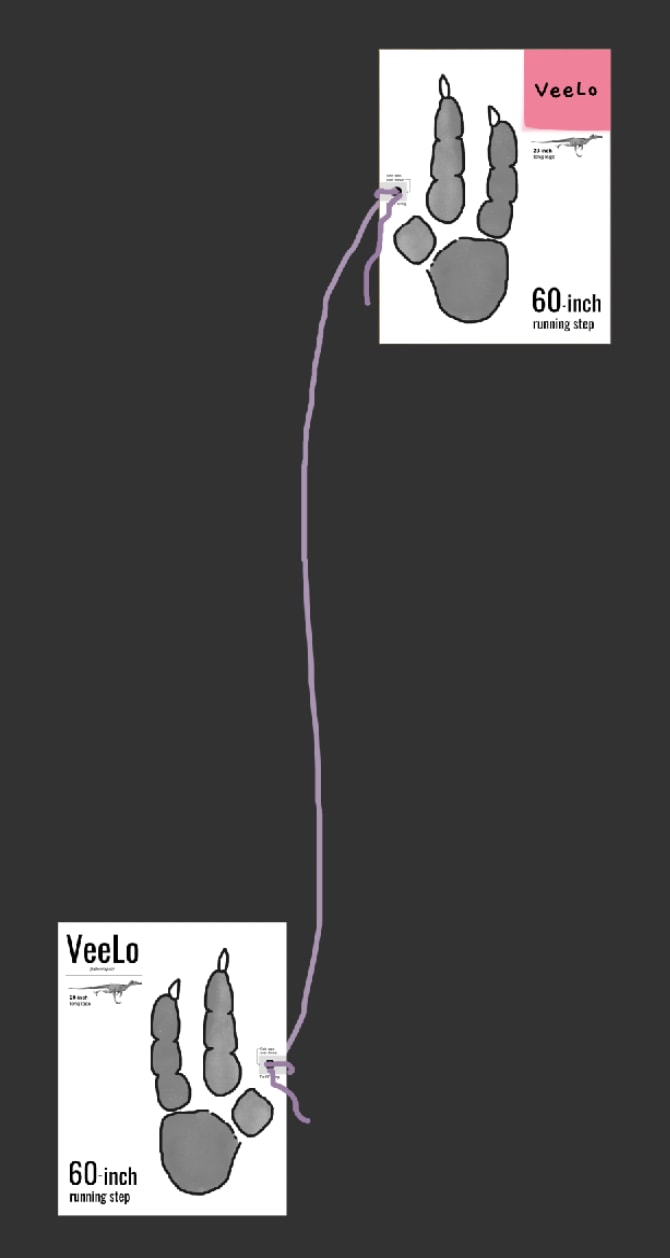
Write each dinosaur’s nickname on a Post-It and stick it to the page where marked (the nicknames are VeeLo, SanJuan, DeeNo, and CeeLo).
